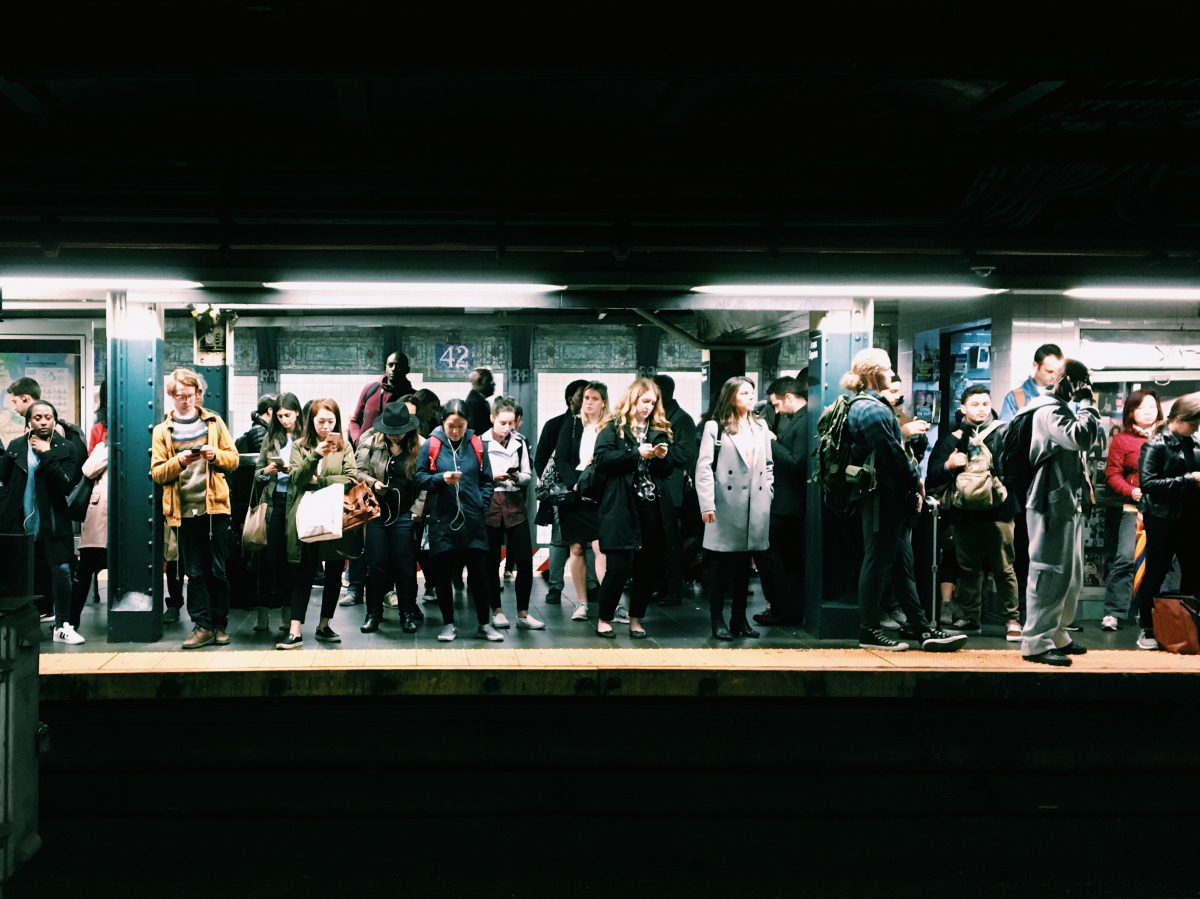Via kOoLiNuS.
If we pay attention, we may value more fully the moment we’re released from our detention, and we may even make some changes in our lives as a result. It will be a relief, above all, when we’re allowed to get back to caring for one another, which is what socially evolved primates do best.


